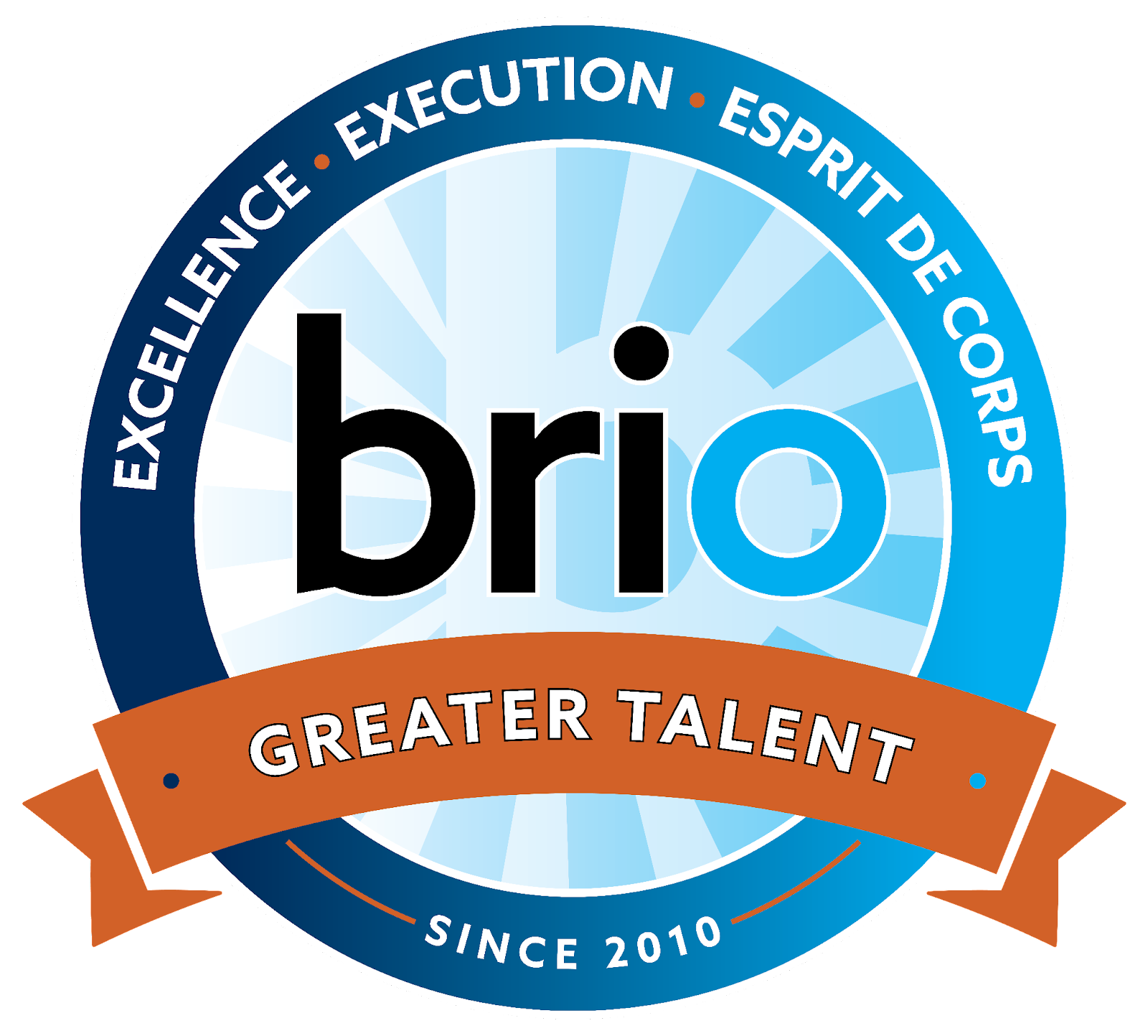
SHARE
You know the clinical research industry, and you’ve got the hard skills needed to perform well in your chosen career. But what about your soft skills?
Although your work in clinical research will be exceptionally regulated, you’ll be expected to communicate well, accept constructive feedback, work with little supervision, pay attention to detail, accept responsibility, and even apply people skills under challenging situations. The quality of your soft skills suggests how well you might work in a demanding team environment requiring cooperation.
The behaviors that characterize your work are just as important as your hard skills. The clinical research industry relies on soft skills more than ever. You’ll need various soft skills during your career but mastering these five specific skills will help you stand out.
Clear Communication
Whether it’s the barista at your favorite java jaunt or a colleague at work, you talk to people daily. The purpose is to communicate a message.
Good communication skills are more critical at work. When a supervisor asks, “How’s it going?” you’ll have to summarize your progress in a few sentences. Your work responsibilities will likely include sending emails, taking notes, and writing reports.
Therefore, your use of language conventions should enhance, not detract from, sending messages. Speaking, writing and listening are critically important skills for clear and effective communication.
Flexibility in the Clinical Research Industry
Change is inevitable, especially in a regulated industry. New discoveries, emerging technologies, and revised laws determine which projects or processes need modifications to continue or should be scrapped altogether.
You can expect frequent changes in clinical research. Learning how to let go and move on is a critical soft skill valuable for anyone in a field of constant change.
Your Lists and Schedules Keep You OnTrack
Are you the type who plans strategically, adheres to deadlines, and checks off tasks as you move through your day? If you think that this sounds like project management, you’re right.
Clinical research jobs require the systematic completion of tasks by the intended deadline. Positions in this industry require that you demonstrate your ability to follow through and persevere until the work is complete.
Authenticity and Consistent Behavior
A Zen proverb says that the way you do one thing is the way you do everything. If you cut corners in one area, you‘re more likely to cut them in others. On the other hand, if you apply the same attention to detail, whether you’re refilling the saltshaker at home or writing a clinical report, that consistency will be evident.
Eye for Detail
Whether formatting a clinical report or coordinating volunteers for trial research, you’ll be expected to think through what you’re doing. Clinical research requires that you pay attention to the details. That means using a consistent format, coordinating any meeting content (as well as breaks, handouts, food, etc.), and generally having a strategic plan for every detail.
There are more soft skills used in the workplace, and rarely are these soft skills taught explicitly. Most people learn them by adapting their behavior. Master these soft skills, and you’ll find success in the clinical research industry.
How can we help you?
Are you seeking talent in Pharmaceutical, Biotech, Medical Device or Clinical Research?
We can create a custom recruitment strategy for your organization. I’m Ready to Hire!
Are you considering a new career opportunity?
We can help you land the opportunity that displays your talents and advances your career. Contact Us or Browse Jobs.



